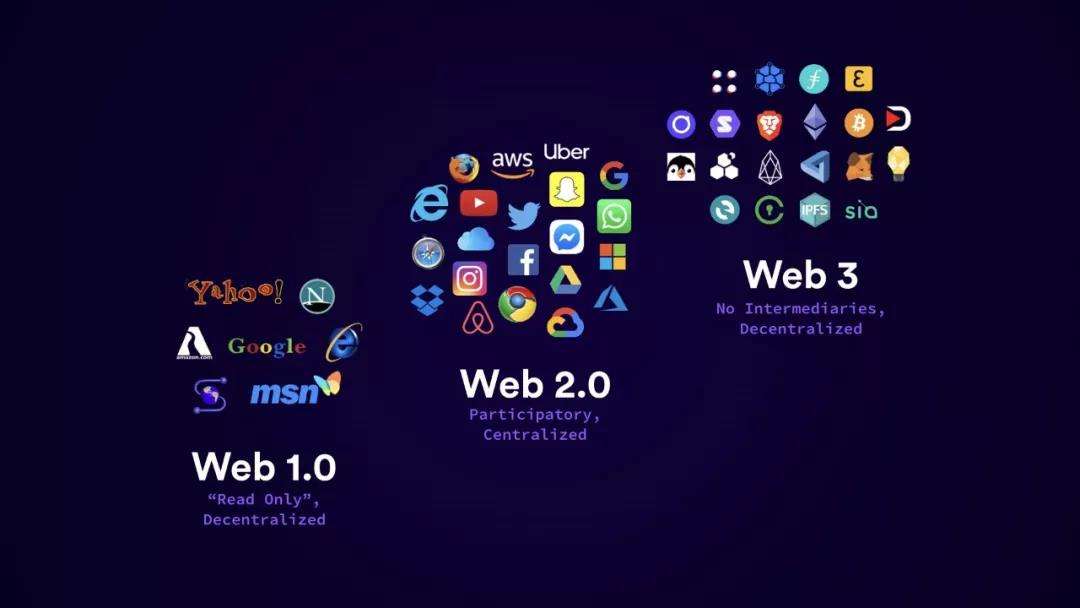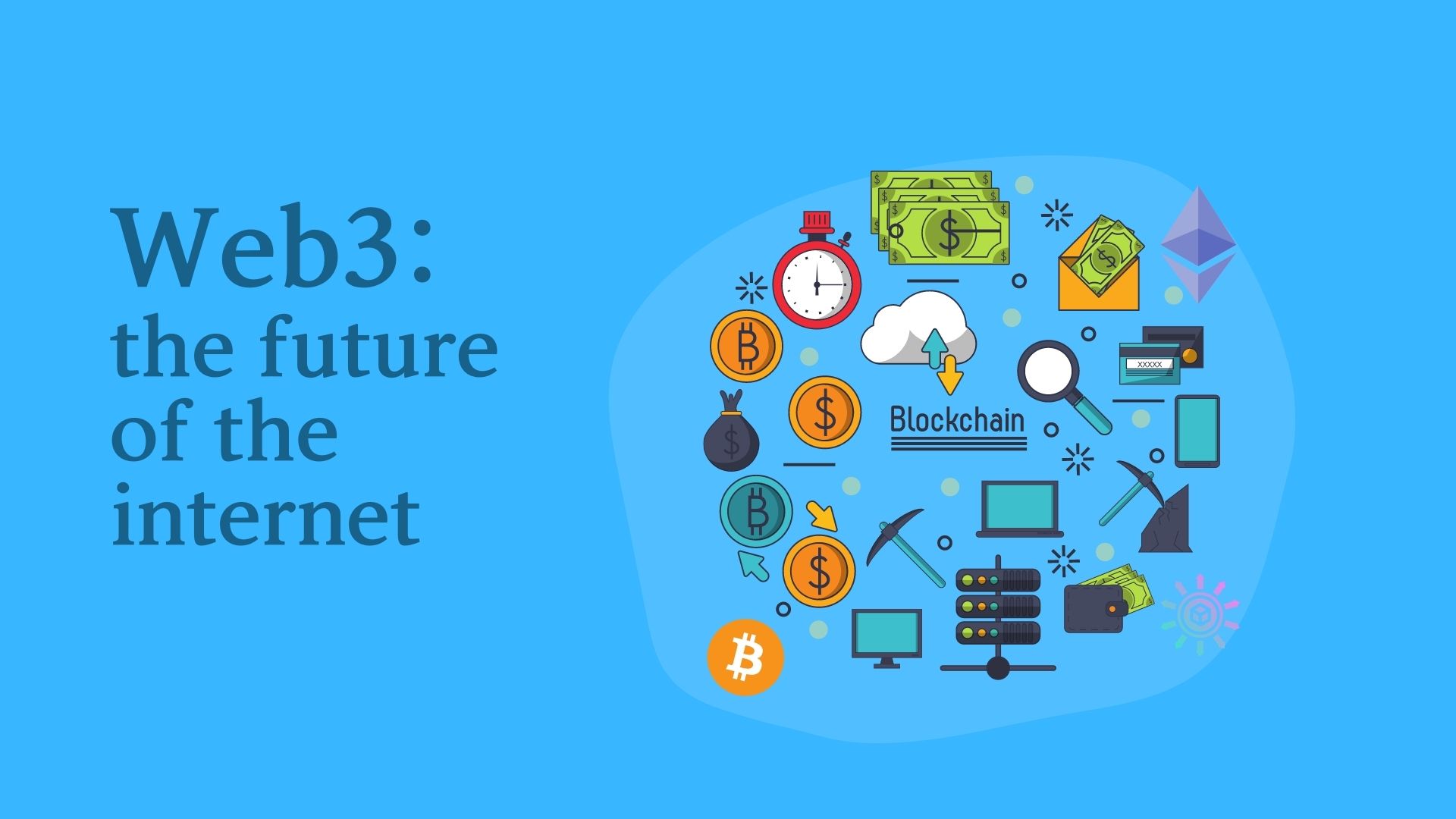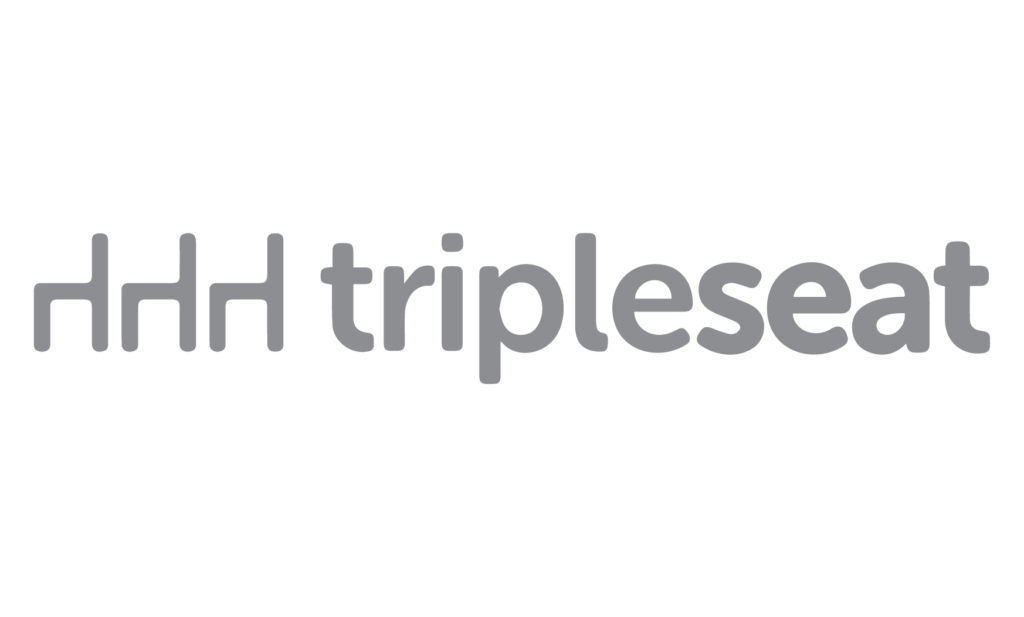Blockchain and Web 3
Blockchain and Web3 technologies have emerged as revolutionary forces, promising unprecedented security.
The global blockchain development market is expected to reach $163.83 billion by 2029, growing at a CAGR of 56.3% from 2022 to 2029.
The global Web3 development market is expected to reach $108.75 billion by 2028, growing at a CAGR of 44.6% from 2022 to 2028.
The demand for blockchain and Web3 developers is soaring, with salaries for these roles typically being higher than the average for software developers.
BLOCKCHAIN AND WEB 3 SERVICES
Blockchain Development
- Decentralized Ledger Technology
- Smart Contract Development
- Cryptocurrency Development
- Consensus Mechanisms
- Private and Public Blockchain Development
- Interoperability Solutions
- Decentralized Applications (DApps)
Smart Contract Development
- Smart Contract Coding
- Web App Development
- Custom IoT Application Design
- Cross-Platform Compatibility
- User Interface (UI) Design
- Real-time Data Visualization
- Integration with IoT Devices
- Quality Assurance and Testing
Web3 Integration
- Blockchain Compatibility
- Decentralized Web Architecture
- Web3.js Framework
- Data Encryption and Privacy
- Interoperability with Existing Systems
- Smart Contract Integration
- Distributed Identity Solutions
- User-Friendly Wallet Integration
Security Audits
- Blockchain Strategy Development
- Use Case Analysis
- Smart Contract Auditing
- Data Encryption and Privacy
- Interoperability with Existing Systems
- Smart Contract Integration
- Distributed Identity Solutions
- User-Friendly Wallet Integration
Tokenization Solutions
- Blockchain Compatibility
- Decentralized Web Architecture
- Data Encryption and Privacy
- Web3.js Framework
- Interoperability with Existing Systems
- Smart Contract Integration
- Distributed Identity Solutions
- User-Friendly Wallet Integration
Blockchain Consulting
- Blockchain Strategy Development
- Use Case Analysis
- Smart Contract Auditing
- Private and Public Blockchain Selection
- Tokenomics Design
- Regulatory Guidance
- Scalability Assessment
- Security Assessment
Need BLOCKCHAIN AND WEB 3 SERVICES SERVICES
Innovate with mobile app solutions with us, reach us to get started
BENEFITS OF Blockchain & Web 3.0 Services
Why choose Digital Brain Media?
Get a Free Quote
Innovate with mobile app solutions with us, reach us to get started
BLOCKCHAIN AND WEB 3 INSIGHTS

Enhanced Security
Blockchain’s decentralized and tamper-resistant nature makes it highly secure. Businesses can use it to secure sensitive data, transactions, and records.
Transparency and Trust
Blockchain provides a transparent and immutable ledger, reducing the risk of fraud or disputes. Businesses can use this transparency to build trust with customers, partners, and investors.


Smart Contracts and Efficiency
Blockchain allows for the creation of smart contracts, self-executing agreements with predefined rules. These contracts can automate various processes, reducing the need for intermediaries and speeding up transactions.
FAQ
Blockchain technology is a distributed ledger system that allows for secure, transparent, and tamper-proof transactions. It is based on a network of computers that all have a copy of the ledger, and any updates to the ledger must be verified by the majority of the network. This makes blockchain technology very resistant to fraud and hacking.
Blockchain technology offers a number of benefits, including:
- Security: Blockchain transactions are very secure because they are encrypted and verified by the network.
- Transparency: All blockchain transactions are public and can be viewed by anyone. This makes blockchain a very transparent technology.
- Tamper-proof: Blockchain transactions cannot be altered or deleted without the consensus of the network. This makes blockchain a very tamper-proof technology.
Efficiency: Blockchain can help to streamline and automate many processes, which can lead to increased efficiency.
There are two main types of blockchains: public and private. Public blockchains are open to anyone to participate in, while private blockchains are restricted to a specific group of users.
Blockchain can be used for a wide variety of use cases, including:
- Cryptocurrencies: Blockchain is the underlying technology behind cryptocurrencies such as Bitcoin and Ethereum.
- Supply chain management: Blockchain can be used to track the movement of goods through a supply chain, ensuring that they are authentic and have not been tampered with.
- Voting: Blockchain can be used to create secure and transparent voting systems.
- Healthcare: Blockchain can be used to store and manage medical records securely.
- Identity management: Blockchain can be used to create secure and verifiable digital identities.
Web3 is a vision for a new decentralized internet that is built on blockchain technology. It is still in its early stages of development, but it has the potential to revolutionize the way we interact with the internet.
Web3 offers a number of benefits, including:
- Decentralization: Web3 is decentralized, which means that it is not controlled by any single entity. This makes it more resistant to censorship and interference.
- Security: Web3 is built on blockchain technology, which makes it very secure.
- Privacy: Web3 gives users more control over their data and privacy.
- Transparency: All transactions on Web3 are public and can be viewed by anyone. This makes Web3 a very transparent platform.
There are a number of different types of Web3 services, including:
- Decentralized finance (DeFi): DeFi services provide financial services without the need for intermediaries such as banks.
- Non-fungible tokens (NFTs): NFTs are digital assets that are unique and cannot be replaced. They can be used to represent ownership of digital items such as artwork, music, and in-game items.
- Decentralized applications (DApps): DApps are applications that are built on blockchain technology and run on a decentralized network.
Web3 can be used for a wide variety of use cases, including:
- Financial services: DeFi services can be used to borrow, lend, trade, and invest assets without the need for intermediaries such as banks.
- Digital ownership: NFTs can be used to represent ownership of digital items such as artwork, music, and in-game items.
- Gaming: Web3 games can give players more control over their in-game assets and allow them to earn real-world value from their gameplay.
- Social media: Web3 social media platforms can give users more control over their data and privacy.
Web3 is still in its early stages of development, but it has the potential to revolutionize the way we interact with the internet. Web3 is making it possible to create new and innovative services that were not possible before.




